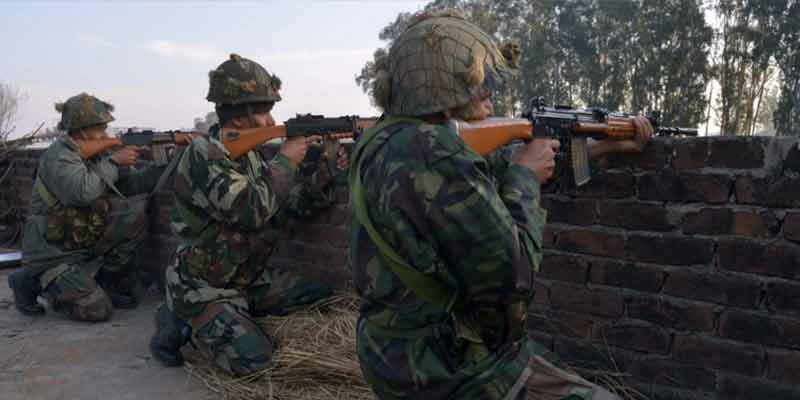- India
- May 11
Short Takes / Integrated Battle Groups
The planned roll out of Integrated Battle Groups (IBGs) has been delayed due to the coronavirus pandemic, Army chief Gen M.M. Naravane said, noting that a comprehensive “test-bedding” of the proposed structure has already concluded for its introduction.
“We will roll out the IBGs in the requisite time frame as the conceptual groundwork has already been laid out and extensive test-bedding had already been carried out prior to the outbreak,” Gen Naravane said.
Integrated Battle Groups
The Army decided to raise the IBGs along the borders with China and Pakistan that will help it carry out swift strikes in case of a war.
The IBGs, comprising a mix of infantry, artillery, air defence, tanks and logistics units, were planned to be introduced by the first half of 2020 as part of a far reaching revamp of its war fighting capability, particularly along the borders with China and Pakistan.
Each IBG will be headed by a Major General and comprise around 5,000 troops.
Ahead of Chinese President Xi Jinping’s visit to India in October last year, the Indian Army carried out the ‘Him Vijay’ exercise in Arunachal Pradesh primarily to test the effectiveness of the IBGs in mountain combat exercise.
Each IBG would be modelled on specific operational requirements considering the topography as well as threat perceptions.
Disruptions in defence production and procurement
The Army chief said that there could be some disruptions in defence production and procurement in the wake of the pandemic, but it will be a “temporary phase”.
Asked whether the financial burden triggered by the pandemic will have a bearing on the Army’s long pending military procurement programme, he said it may have some impact in the short term.
“Defence production and procurement are elaborate and long drawn processes involving integration of various systems and subsystems and dependent on global supply chains. Due to the pandemic, there could be some disruptions, but I see this as a temporary phase,” he said.
At the same time, Gen Naravane said there have been “numerous buffers” which will be leveraged to fast track production once the situation normalises “as it is a matter of when and not if”.
Though indigenous manufacturing will be impacted, he said, its magnitude will be much lower.
He said the Indian Army has invested heavily in indigenisation of supply chains and inventory over the last few years. “So this crisis will not affect us as adversely as other countries. Most of our ongoing procurement are under ‘buy Indian’ categories from Indian industries which retain adequate reserves of assemblies/sub-assemblies from foreign suppliers to cater for contingencies,” Gen Naravane said.
Manorama Yearbook app is now available on Google Play Store and iOS App Store

